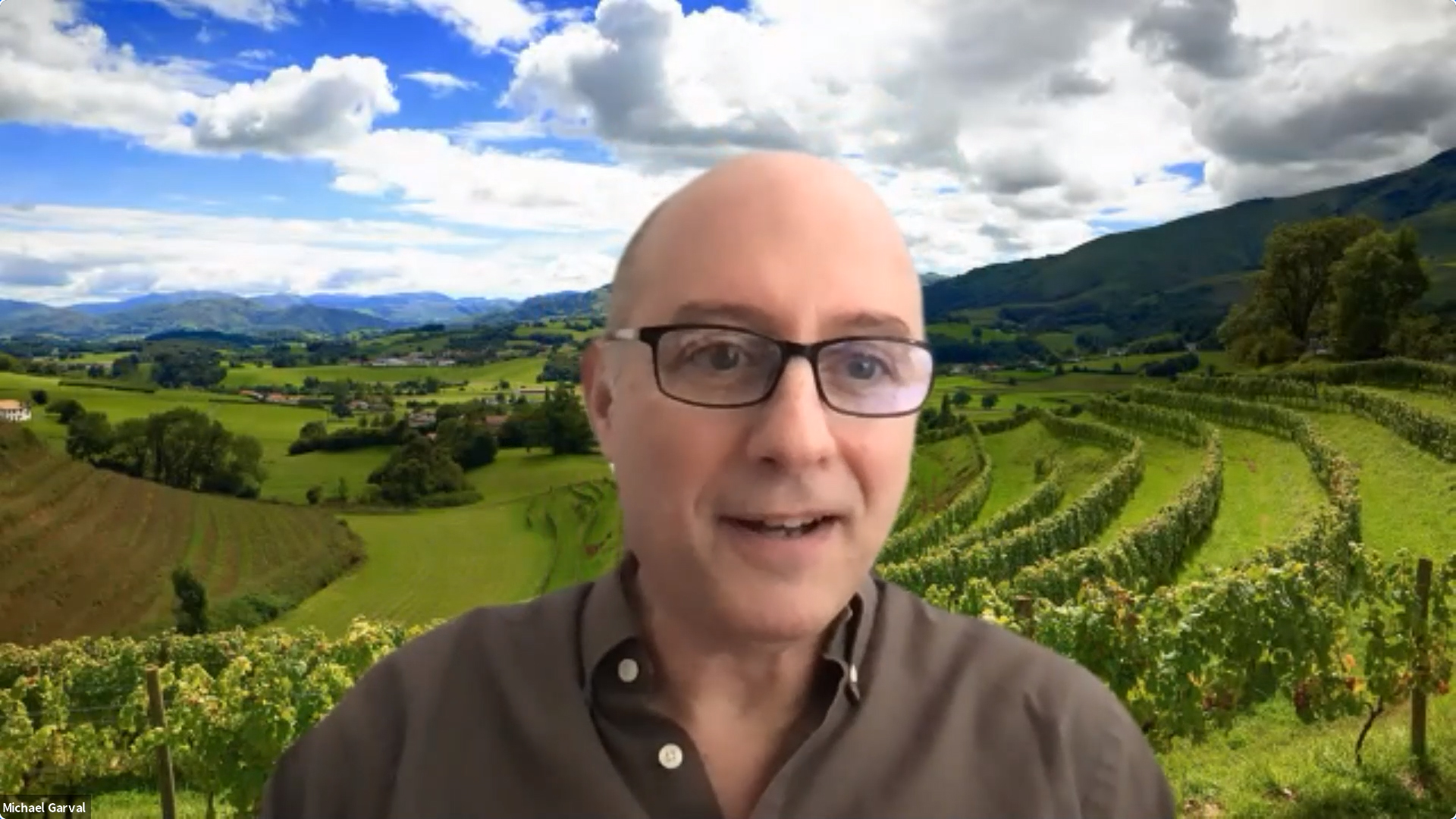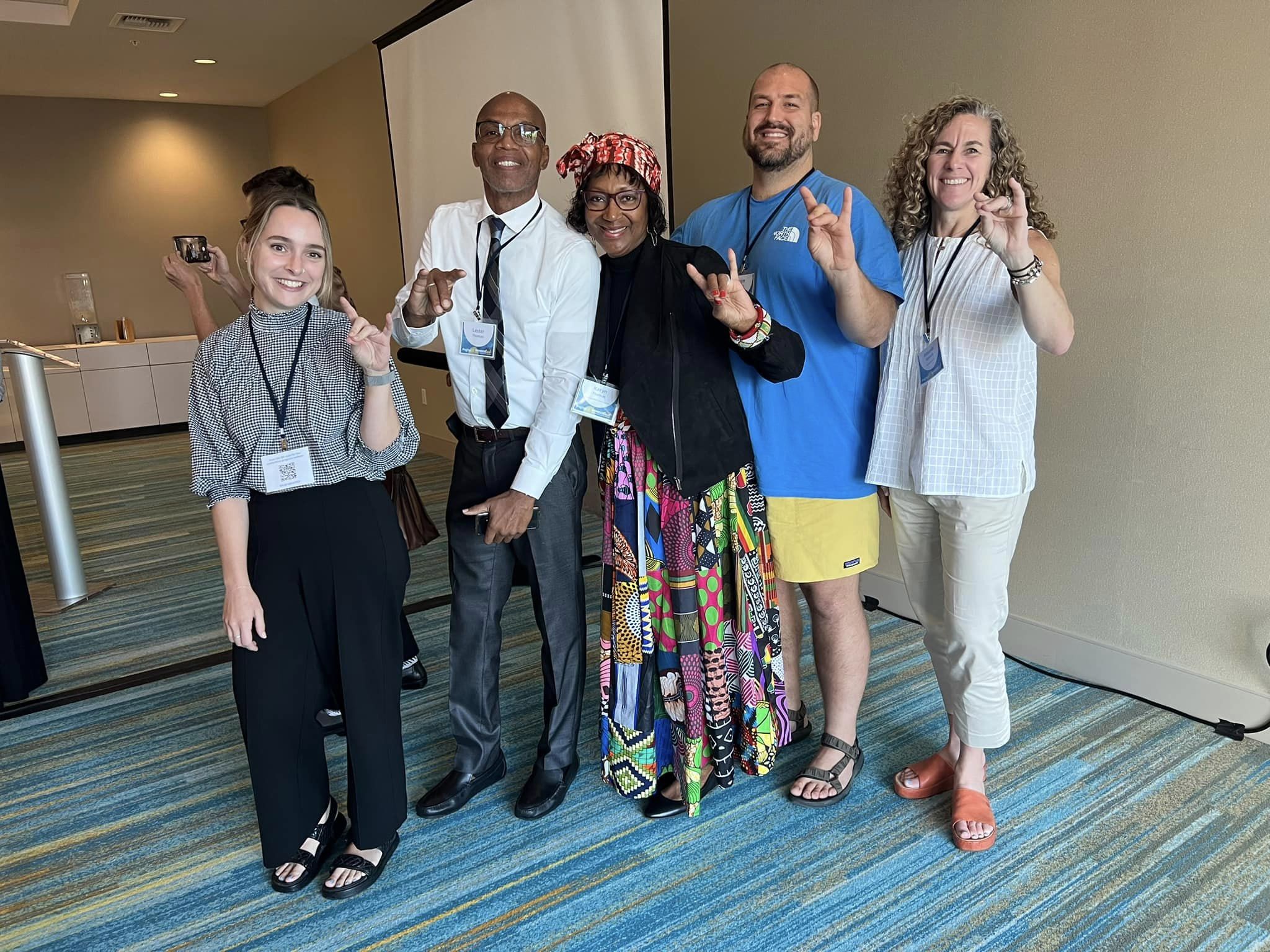Maymester Spotlight: “Food for Thought”

How can you adapt a three-week intensive, site-visit based course for online delivery? Due to Covid-19, this was the challenge faced again this spring by MALS Director Michael Garval’s Maymester MALS Seminar, “Food for Thought.”
Working in collaboration with MALS student and course assistant Matthew Wood, Garval redesigned the seminar to weave together class discussion, guest lectures, virtual visits, and writing workshop exercises. Given the events of the past year, this rendition of “Food for Thought” focused in particular on matters of food ethics and food justice.
Maymester 2021’s success owes a great deal to the generous participation of these engaging guest speakers:
- Virginia Ferris, Outreach and Engagement Program Librarian, NC State
- Todd Kosmerick, Interim Associate Head, Special Collections Research Center, NC State
- “Food for Thought” alumni Austin Haigler (MALS ’17) and Baiyina Muhammad
- L. Ron Pringle, President/CEO, Inter-Faith Food Shuttle
- Dr. Robert Patterson, Crop Science, Interdisciplinary Studies, and MALS, NC State
- Dr. Seth Murray, International Studies, NC State
- Dr. Rob Dunn, Applied Ecology, NC State
- Dr. Sarah Ash, Nutrition, NC State
- Dr. Dara Bloom, Local Foods Extension Specialist, Agricultural and Human Sciences, NC State
- Luis Cruz (MALS ’18), Director of Agricultural Services & Foreign Labor, North Carolina Department of Commerce, Division of Workforce Solutions
- Victor Garcia, State Monitor Advocate, North Carolina Department of Commerce
- Roberto Rosales, Farmworker Health & Safety Educator, North Carolina Cooperative Extension
- Dr. Marcie Ferris, American Studies, UNC-Chapel Hill
- Joanna Sierks Smith, PhD Candidate, Religious Studies, UNC-Chapel Hill
- Deniz Vergara, Food Blogger and Recipe Developer, www.gourmetmami.com
In the course, students all began with the same basic research question: “Do we eat better now than we did before?” Drawing upon class readings and discussions, guest lectures, virtual visits, and independent research, students each defined this question for themselves, in seminar papers on topics ranging from the effects of the digital age on food tourism to the development of sustainable urban agriculture, from feeding the community by cooking with purpose to tackling food insecurity in the Triangle through mutual aid, and from the implementation of climate-smart agriculture practices to the battle for nutritional readiness in today’s Army.
- Categories:


